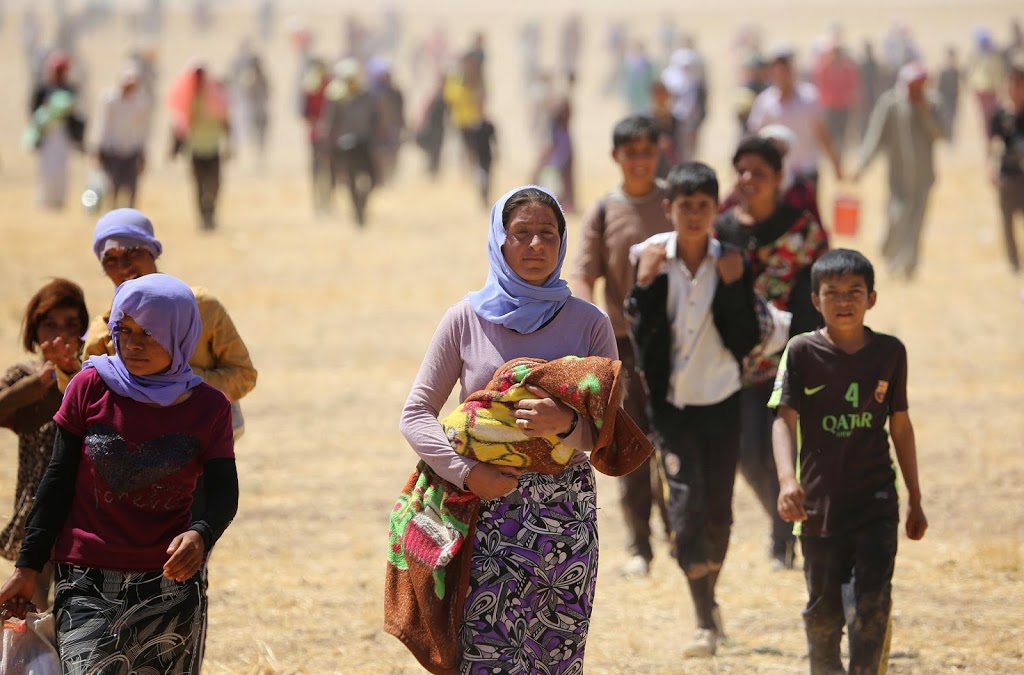It was an eventful year in the Middle East, but 2014 will most probably go down in history as the most violent year in the region’s modern history. Gruesome attacks on civilians, perpetrated by Israel, Daesh (Islamic State of Iraq and the Levant), the Syrian regime and its foes, terrorist groups in Libya and the Sinai desert and militant groups in Yemen.
The year saw, nevertheless, some triumphs regionally. Egypt and Tunisia elected new presidents. Abdul Fattah Al Sissi of Egypt, elected in July, is determined to implement a political road map aimed at restoring the leading role of Egypt as the most influential player in this part of the world. Tunisia’s Beji Qaid Al Sebsi, elected earlier this month, has vowed to steer his country towards a stable pluralistic path.



